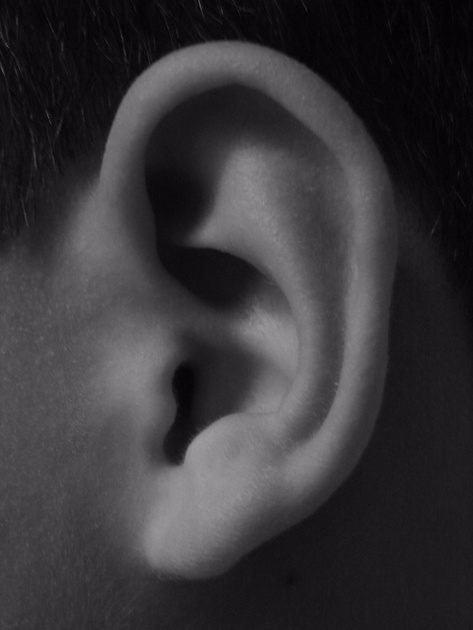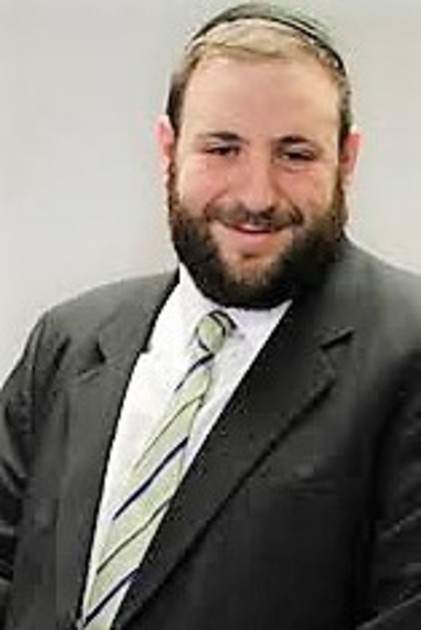
High school is always dramatic, but when my parents divorced the summer before I left for Yeshivah it set up an interesting four years. Living away from home and trying to understand how to navigate the various dilemmas that came up I spent a lot of time talking to Rebbeim who kindly gave me wise advice, yet somehow with all the advice I was getting these conversations seemed to lead to even more inner turmoil, except when I talked to my roommate. On the toughest days, and during the most confusing times I always knew that a good talk with him would leave me with clarity.
Years later after extensive training in the science of therapy it hit me that what he did was simply to listen, without offering advice or questioning my perspective he just listened and asked questions that helped me to work through on my own what I was dealing with. Essentially that is what a good therapist does, we empower clients to find within themselves the solutions to the problems they are dealing with. We call that building insight, but really it is the most powerful tool we have to help our clients. It's not as easy as it looks (or sounds?), it takes lots of discipline and training to fine tune this skill and overcome the urge to jump in with our own opinions or insights. So how was this 15 year old so good at it? Well instead of speculating I figured I would listen, so I called him up and told him how thankful I was for his friendship and particularly his ability to listen. I asked him how he got so good at this skill especially as an impulsive teenager. His first reaction was laughter, then he explained it to me. He said that being in Yeshivah sheltered from reality shows and soap operas, my stories served as his entertainment. He explained that the questions he asked were simply out of curiosity because he used my drama to fill the gap left by novels and movies that were off limits.
When we can listen to someone else and listen with curiosity we are giving them a gift that is unparalleled. The connection that comes from listening to others shows them how important they are to us, and allows them to iron out the wrinkles in their thought process. When a child comes home to tell her father about her day at school and the friend who was mean to her, it is difficult for him to follow the ins and outs of the situation and hold back from reacting to his daughter's pain. But when he can listen with curiosity, he allows his daughter to work it out on her own and build her resilience and problem solving skills. When a husband comes home from a long day and tells his wife about the crazy meeting he had today, if his wife can listen with curiosity she is able to signal to him that what he experienced is important to her. That knowledge builds connection even if the incident was purely trivial in nature.
Listening can be even more powerful for those who experienced a trauma. Listening to Bubby tell her story about the Holocaust, or listening to a friend who survived abuse can be extremely powerful in itself. When we can bear witness to the suffering of others it lightens their load just a little bit. It shows them that we validate their experience, and even if we can't do anything to change what happened to them we are receptive to their pain.
In Pirkei Avos at the beginning of Chapter 2 Rabbi Yehuda Hanasi says that to refrain from sin we must focus on three things; Hashem's eye that witnesses all, His ear that listens to all, and that all of our deeds are recorded in a book. The primary understanding of this Mishna is that if we are aware of Hashem's omnipresence and accountability we would not dare to sin. But perhaps there is an additional meaning. If we knew that Hashem is always watching us, always listening to us, and that all of our deeds are important to Him; if we feel that connection we can enhance our self-control.
Just as Hashem signals our importance to Him, we can signal our interest to those who are important to us by listening with curiosity, holding back our advice, and asking the questions that show how important their dilemmas are to us. We can bear witness to their experiences, and who knows we might learn something interesting in the process.
Happy Connecting!
Menachem
 Previous
Previous

